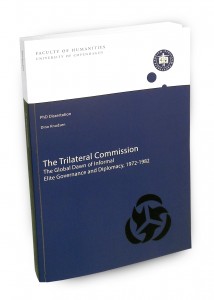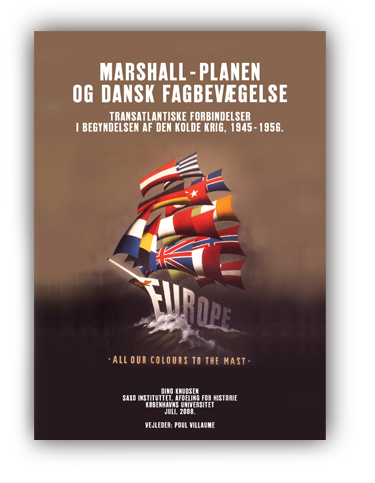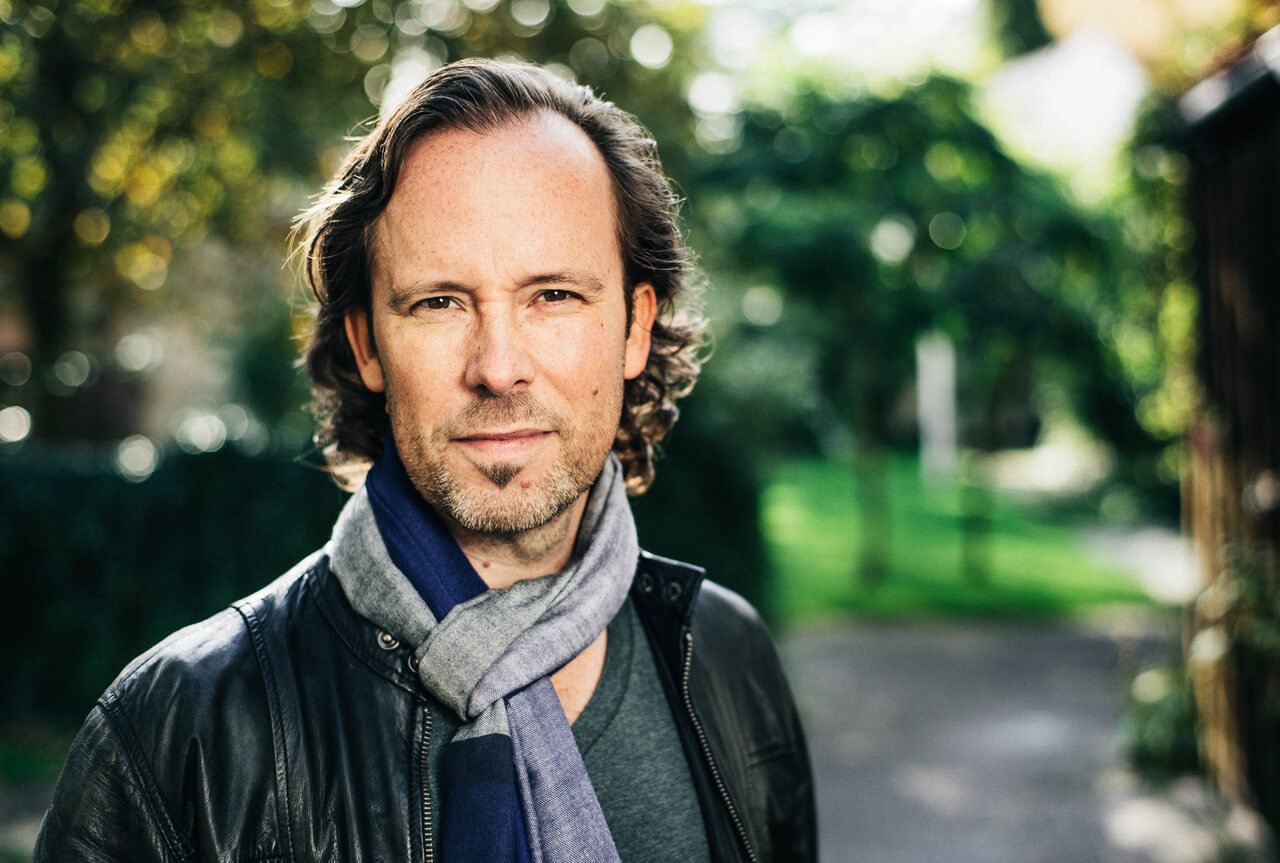Research
Research Profile
I do transnational contemporary history in a Western and global context. My research illuminates phenomena, conceptions, and actors in the grey zone between the national and the international, the state and civil society, in the political, economic, and cultural development of mainly the Euro-Atlantic societies. My studies focus on the contribution of state-private networks to global governance, informal diplomacy and cultural exchange, involving elites, artists and intellectuals, the labor movement, and Christian Churches. This often takes place in the context of the Cold War, the Marshall Plan, Americanization and anti-communism, as well as decolonization.
Current Research: The Congress for Cultural Freedom and the Cultural Cold War in Scandinavia, 1950-1967.
In a situation where democracy is challenged by the unequalled abilities of present days intelligence services, tech giants and specialist’s abilities to manipulate public opinion, I am investigating a historical precedent: the Congress for Cultural Freedom, which in the period 1950-1967, with the support of the US intelligence service CIA, influenced cultural life in more than thirty countries worldwide. The Congress united distinguished writers, artists, and philosophers, such as Arthur Koestler, Nicolas Nabokov, and Bertrand Russell. The project focus on the underexposed activities of the Congress in Scandinavia, including Selskabet for Frihed og Kultur in Denmark. The project draws on previously inaccessible primary sources and in the coming years I will disseminate the results to the public in articles, a monography in 2026 (at Gads Publishing House), and an exhibition at Overgaden the same year.

The Struggle for Neutrality
In 2017-19, I was a postdoc in the collective research project The fight for food, 1914-1918. The project examined how Denmark during First World War balanced its policy of neutrality internationally by use of its trade with food, but also how organizing and administrating the production and distribution of food at home gave impulses to the creation of the welfare state. My subproject, The Struggle for Neutrality, focused on Danish foreign trade and diplomacy, especially the role of top business people. The project was led by Henriette Buus, ph.d. and then Director of Greve Museum/Mosede Fort.

The Christian Churches, the Cold War and Decolonization
In 2014-2017 I was a postdoc at the University of Copenhagen. My research project, funded by the Carlsberg Foundation, focused on the role of the Christian Churches in international diplomacy. In particular, I studied the World Council of Churhces' contribution to détente in the Cold War and to decolonization, 1945-1975. My results will be published in 2024 as part of an international five-volume publication on the history of the ecumenical movement, in English and Italian.

The Trilateral Commission, Global Governance and Informal Diplomacy
The Trilateral Commission is an elite network of top people in the fields of politics, business, finans, media and the academia – from North America, Western Europe and Japan. In 2012, as the first researcher ever, I was granted access to the Commission's archives, and in 2013, I successfully defended my PhD Thesis, The Trilateral Commission. The Global Dawn of Informal Elite Governance and Diplomacy, 1972-1982. The thesis focuses on the significance of the Commission for how we understand modern, informal governance and diplomacy in democratic societies. In 2016, the edited thesis was published in book form by Routledge under the title: The Trilateral Commission and Global Governance. Informal Elite Diplomacy, 1972-1982 and won the prize for the best book in 2016 on transatlantic relations, awarded by the Cambridge University Press and the Transatlantic Studies Association. Read more.

The dissertation can be ordered from the Royal Library in Denmark. It was published in an expanded and edited form by Routledge, 2016.
The Americanization of the Danish Trade Union Movement
The Cold War was, to a large extent, an ideological conflict, a battle for people's hearts and minds. The two superpowers, the USA and the USSR, both tried to turn the Europeans in favor of their own, respective social systems. Especially, the two superpowers made sustained efforts to influence the labor movement, in particular what the Americans labeled “the Non-Communist Left”. In my thesis, I investigate how the Americans (both government, intelligence service and the trade union movement) influenced the Danish trade union movement, mainly through the Marshall Aid. How the international trade union movement was split and the Danes became closely bound up with the Americans. Furthermore, the book analyses how 150 Danish trade unionists traveled to the USA to become educated in productivity and “the American way of life”, as well as how the Americans influenced the Danish labor movement through propaganda.

- The thesis was published, in and edited and expanded form, as a book at Museum Tusculanums Press, 2011.




